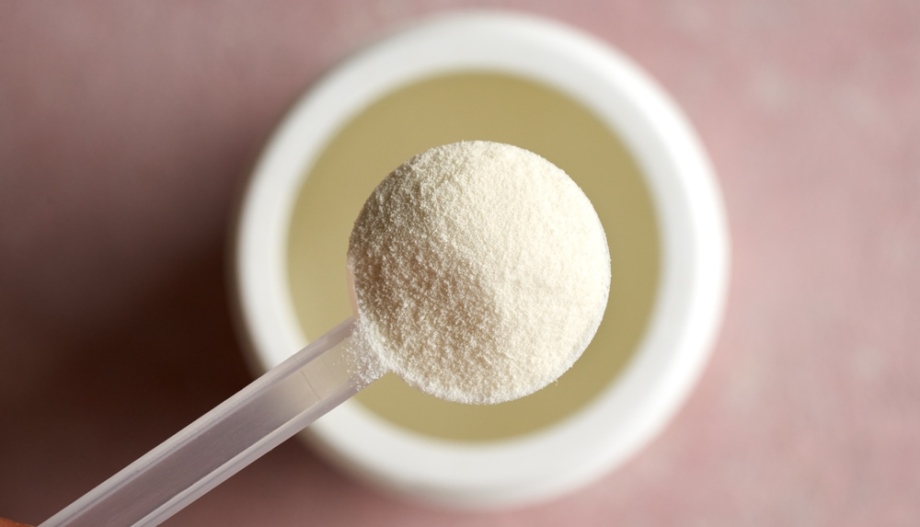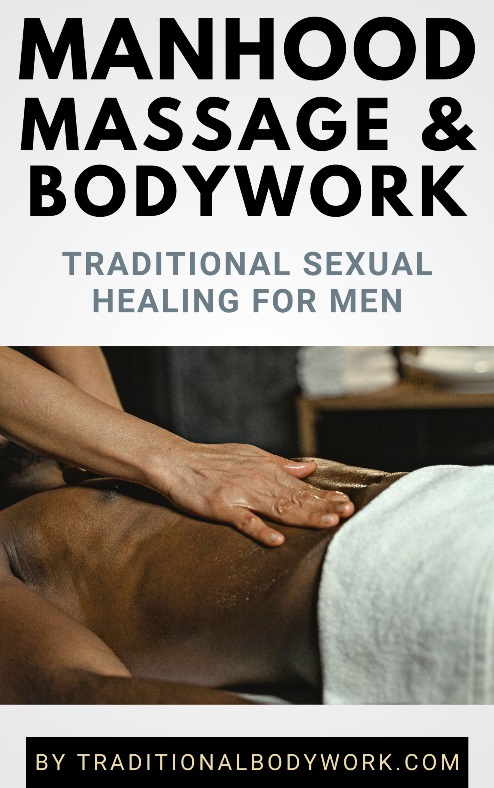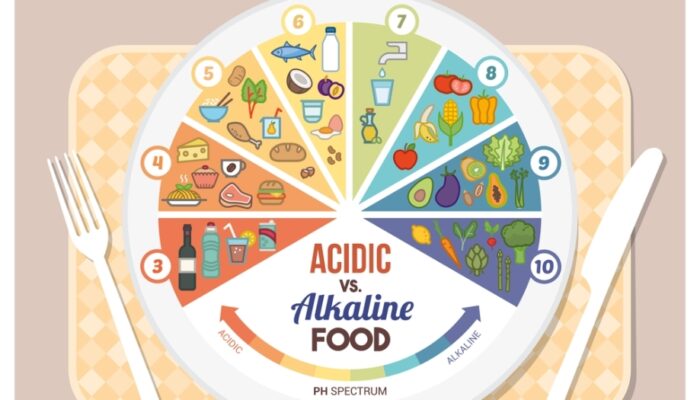
You’ve likely noticed that collagen supplements are having a big moment. From social media influencers to health experts, everyone seems to be talking about how adding collagen to your routine can work wonders for your skin, hair, joints, and overall health. But with popularity comes an overflow of information – some of which isn’t always true.
While it’s easy to be swayed by trends and flashy ads, it’s important to cut through the noise and find out what collagen really does and what it doesn’t. So, today, we are going to separate fact from fiction by debunking five of the most common myths about collagen supplements that you’ve probably encountered online. Let’s dive in!
1. Myth: All collagen supplements are the same
Truth: This couldn’t be further from the truth! Not all collagen supplements are created equal. In fact, there are several different types of collagen, and each type comes from a unique source and serves a different purpose in your body.
The most common types of collagen used in supplements are type I, type II, and type III. Type I and III collagen are usually derived from bovine (cow) or marine (fish) sources and are especially beneficial for skin, hair, and nails. Type II collagen, on the other hand, comes from chicken cartilage and is most often used for supporting joint health.
What is the best type of collagen? Which type of collagen is considered best?
On top of the type of collagen, the form matters too. Hydrolyzed collagen, also known as collagen peptides, is broken down into smaller molecules, making it easier for your body to absorb. But there are also supplements that contain undenatured collagen, which can have a different effect and absorption rate.
And, of course, not every brand holds the same quality standards. Best collagen supplement companies rigorously test their products to ensure you’re getting pure, high-quality collagen, while others may not. So, before you grab the first collagen supplement you see, take a moment to consider what’s inside the bottle.
2. Myth: I’m too young to start taking collagen supplements
Truth: Think you don’t need collagen until you hit your 40s or 50s? Think again! Collagen production in our bodies starts to decline in our mid-20s at a rate of about 1% per year. This may seem like a small amount, but over time, the effects add up.
By the time you reach your 30s or 40s, your skin may start to lose some of its elasticity, and wrinkles could start to appear. This is because collagen is a major component of our skin, providing structure and keeping it looking firm and smooth. And it’s not just your skin—your joints, hair, and nails also depend on collagen to stay strong and healthy.
Certain lifestyle factors can accelerate this process. Smoking, poor diet, too much sun exposure, and even stress can reduce your body’s ability to produce collagen. That’s why it can be beneficial to start taking collagen supplements even in your 20s or 30s, to give your body a little extra support and prevent visible signs of aging before they become more pronounced.
3. Myth: I don’t need a collagen supplement because I eat a healthy diet rich in proteins and vitamins
Truth: A well-balanced diet is essential for overall health, but it may not be enough to significantly boost collagen levels. While it’s true that foods like bone broth, fish, and chicken contain collagen, our bodies aren’t very efficient at absorbing collagen directly from food. In fact, studies suggest that we can only absorb about 30% of the collagen we consume through food.
That’s where collagen supplements come in handy. Collagen in supplements is usually hydrolyzed, meaning it’s broken down into smaller molecules that your body can absorb more easily. Research shows that our bodies can absorb up to 80% of collagen from supplements, making them a more effective way to support collagen production.
For even better results, you can combine your collagen supplement with vitamin C and hyaluronic acid. Vitamin C plays a key role in the production of collagen, while hyaluronic acid helps retain moisture in your skin, making the combo a great one-two punch for healthy skin and joints.
4. Myth: Collagen creams can penetrate deep into the skin
Truth: While it’s tempting to think that slathering on a collagen-infused cream will magically boost collagen production in your skin, the reality is a little different. The molecules in collagen are simply too large to penetrate the deeper layers of the skin, particularly the dermis, where collagen production takes place.
When you apply a collagen cream, most of the collagen will stay on the surface of your skin, providing a temporary moisturizing effect. While this may give your skin a nice glow and make it feel more hydrated, it won’t stimulate collagen production deep within the skin.
If you’re looking to boost collagen levels in your skin, your best bet is to use products that contain ingredients like retinol, vitamin C, or peptides, which can help stimulate your body’s natural collagen production. Combining these with a collagen supplement will give you a more holistic approach to keeping your skin looking youthful.
5. Myth: You’ll see immediate results when you start taking collagen supplements
Truth: As much as we’d all love to see overnight transformations, collagen supplements require a bit of patience. While some people may start noticing subtle improvements in their skin, hair, and nails within a few weeks, the reality is that it often takes several months to see significant changes.
Collagen works by building up in your system over time, so it’s important to take it consistently for the best results. Most experts recommend giving it at least 6-8 weeks to start seeing visible improvements. And remember, every body is different—some people may notice results faster, while others may take a little longer.
The key to getting the most out of your collagen supplement is consistency. Make it a daily habit, and over time, you’ll start to notice stronger nails, shinier hair, and smoother skin. Plus, your joints will thank you too!
Collagen supplements have a lot to offer, but like any health trend, it’s important to be informed before diving in. By debunking these common myths, you now have a clearer understanding of what collagen can and cannot do.
Remember, not all supplements are created equal, and while collagen creams might feel luxurious, they’re not a substitute for a quality supplement that works from the inside out. And if you’re still in your 20s or 30s, it’s never too early to start giving your body the extra collagen support it needs.
So, don’t let the myths hold you back—embrace collagen as part of your health and beauty routine and enjoy the long-term benefits it can bring!




















